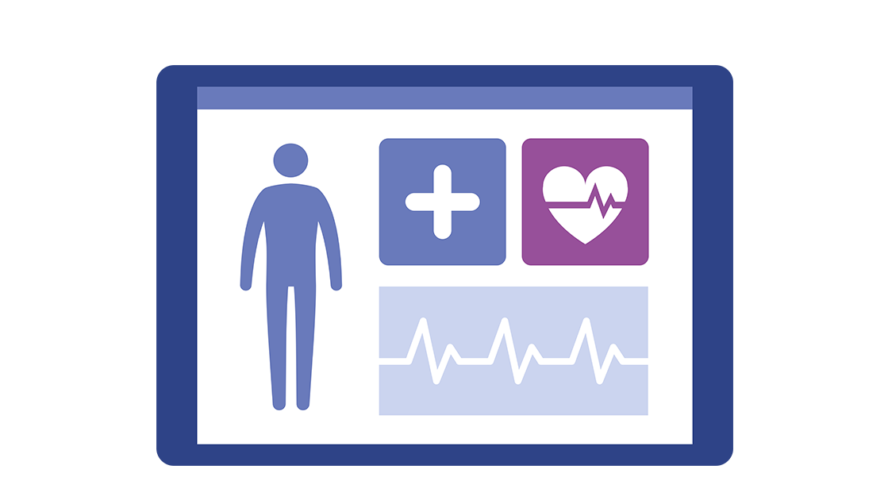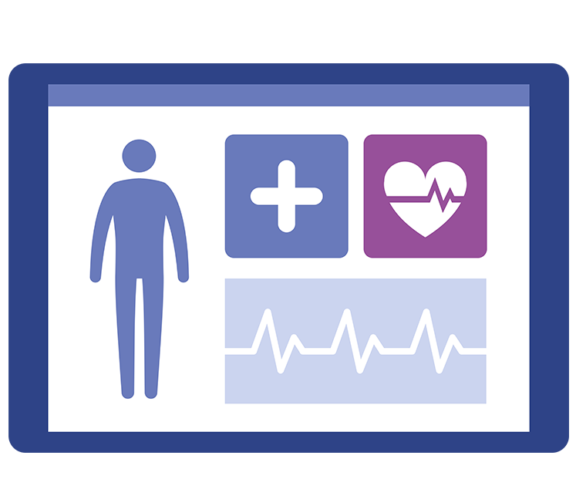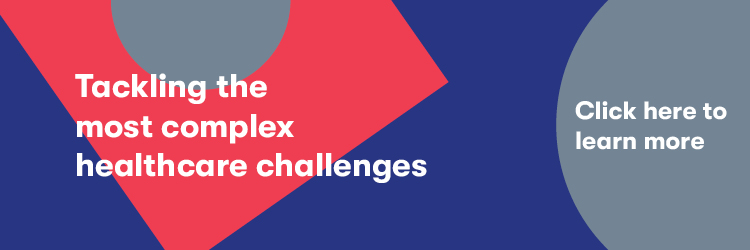
Eugene Canavan
Healthcare Design Expert, PA Consulting
Due to an ageing population, healthcare provision needs to reform to become accessible and sustainable.
Patients living longer means there is a greater onus on patients to actively engage with their care. “We call this relationship the ‘Therapeutic Alliance,’ in which the healthcare professional is the recognised expert, but the patient — or their carer — is the expert in his or her understanding of their medical condition,” explains Eugene Canavan, Healthcare Design expert at PA Consulting.
Care-centred healthcare
This relationship lends itself to a data-driven insight approach which PA Consulting products and services support.
“Data becomes a bridge between a patient managing their condition and healthcare professionals who interpret data to tailor healthcare approaches that are preventive and therapeutic. Empowering patients allows for improved outcomes as well as reducing total healthcare cost,” adds Canavan.
Impact of patient monitoring devices
“Patient engagement relies on the usability of products and an understanding of the value that it is achieving,” explains Canavan. “For example, Viscero — an easy-to-use heart monitoring vest which is worn like a T-shirt and is truly wearable, monitors abnormal heartbeats — could provide months of clear and reliable data to a cardiologist.”
According to Canavan, World Health Organization (WHO) research demonstrates that the quality data approach engenders a more inclusive and empowering culture for patients.“Better data enables medical professional insight to evidence health trends to the patient. The patient can then receive that information and, working together, they can create a quality care programme.”
Patient engagement relies on the usability of products and an understanding of the value that it is achieving.
Why data is meaningful
“As a healthcare community, we are at the thin edge of the wedge in realising what digital healthcare can do, it has the potential to be truly transformative,” he says. “The uptake of healthcare technology is quite sporadic; not all healthcare providers have the same access to data or the means to manage and utilise large quantities of data,” explains Canavan.
“I hope this changes because, for a medical professional, having data over time is golden, as it is far more meaningful, providing the necessary insight to take preventive care approaches that benefit patients but also reduce cost and provision burden.”
Health providers can help drive digital healthcare forward
There may be hesitancy due to security concerns, data protection issues or lack of infrastructure. “For example, some healthcare systems have electronic records, but not everyone has access to them,” Canavan says.
He concludes: “As healthcare costs escalate, the system requires a different provision model, and we need to be part of a discussion whereby the value of data-driven healthcare is understood as part of greater investment in heading off illnesses.”



